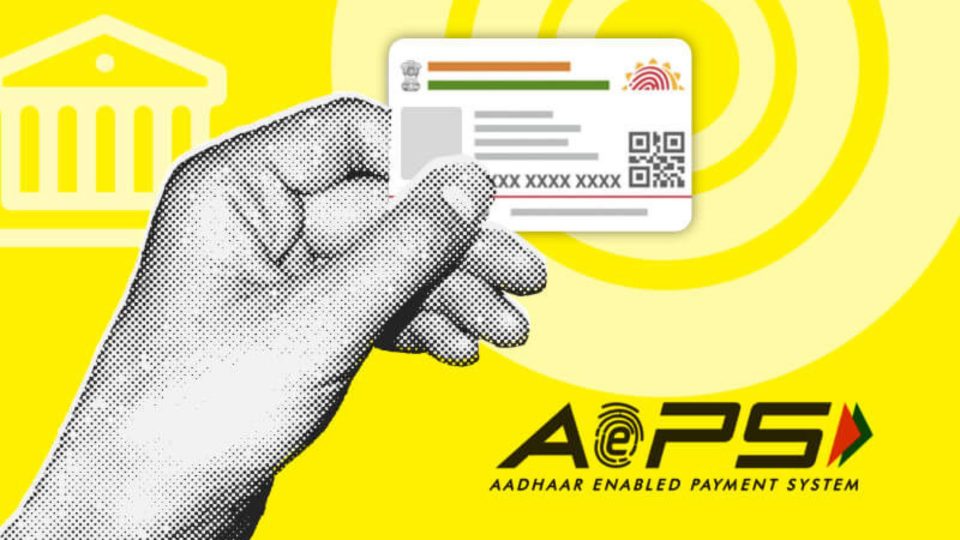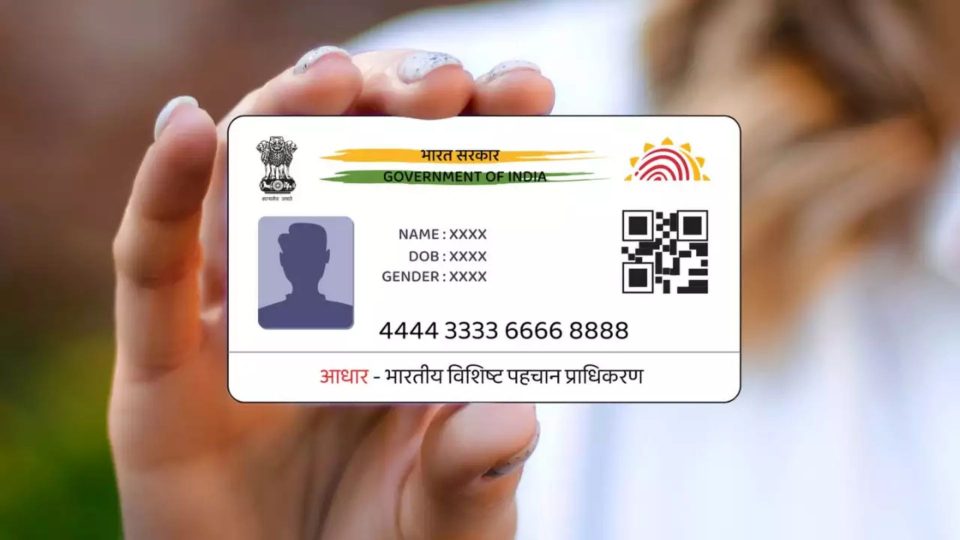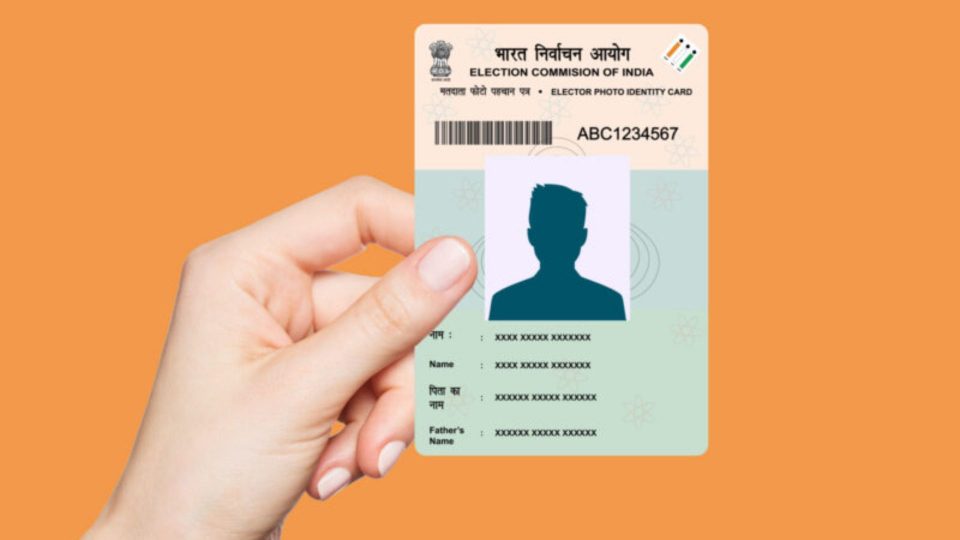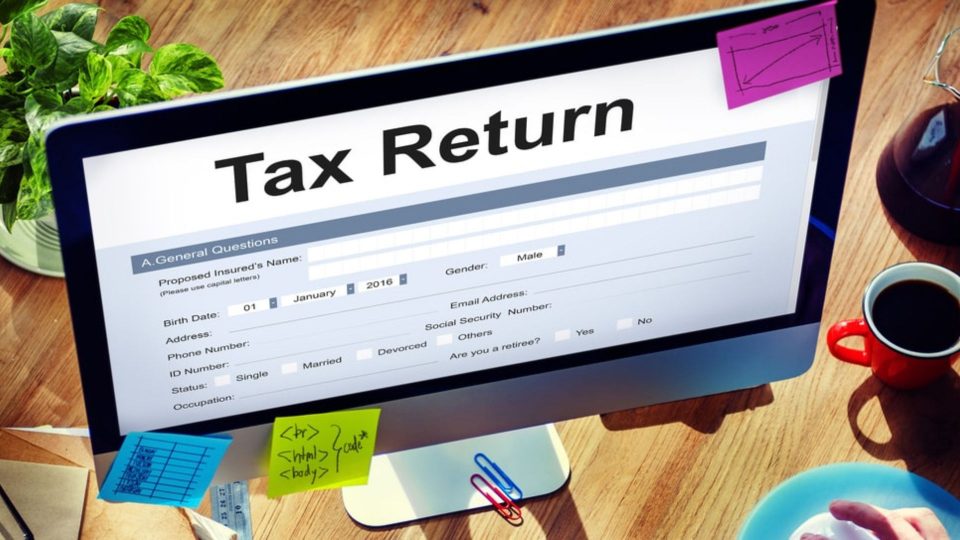A ration card is an official document issued to Indian citizens by the respective state governments. Under the National Food Security Act (NFSA), a ration card helps eligible households to buy subsidised food grain from the Public Distribution System. Each state government issues ration cards for its citizens like the Karnataka ration card, AP ration card (Andhra Pradesh), Haryana ration card, Gujarat ration card, Assam ration card, etc. The state government categorises the people based on different criteria and issues different ration cards based on them.
Benefits and Uses of a Ration Card

Here are some of the benefits and uses of a ration card.
- You can purchase the food grains using the ration card from the ration shop at a subsidised rate.
- A ration card can be used as an official identification document in India.
- A ration card is vital when you apply for a PAN card.
- It helps open a bank account or transfer money between bank accounts.
- It can be used to get a new voter ID card or buy a SIM card.
- A ration card is mandatory while applying for a passport.
- It can be used to avail of a new driving licence or a new LPG connection.
- A ration card is a vital document to withdraw your life insurance.
Ration Cards Under NFSA
Under the National Food Security Act (NFSA), 2013, the respective state governments issue different types of ration cards. The ration shops provide food as per the quantity and quality mentioned by the NFSA in the card. The different types of NFSA ration cards include:
1. Antyodaya Anna Yojana (AAY)
The Antyodaya Anna Yojana (AAY) card is issued to impoverished families who do not have a stable income. Women, old aged people, and unemployed persons are included in this category. Each of these families has the right to get up to 35kg of food grains every month. The price rate goes like ₹1, ₹2, ₹3 per kg for coarse grains, wheat, and rice respectively.
2. Priority Household (PHH)
All the households that didn’t fall under the AAY category are issued a Priority Household (PHH) card. The state governments recognise priority household families and issue cards according to the inclusions and exclusions mentioned. Each member of these families is eligible for food grains up to 35kg every month. The price rate goes like ₹1, ₹2, ₹3 per kg for coarse grains, wheat, and rice respectively.
Here are the inclusion and exclusion guidelinesfor PHH ration cards.
- Inclusions for the PHH Ration Cards
- A transgender person
- Primitive tribal group households
- Households with no shelter
- A person with more than 40% disability
- Households comprising destitute who are living on alms
- Households with a widow pension holder
- Exclusions for the PHH Ration Cards
- If the household pays income tax
- If the household has a pucca roof, pucca walls, and a minimum of three rooms.
- If the family has a member who earns more than ₹10,000 or ₹15,000 monthly in a rural area and an urban area respectively.
- If the family has a member who is a regular gazetted or non-gazetted employee of the Central Government, Public Sector Undertakings, State Government, Government aided local and autonomous bodies.
- If the households have enterprises registered with the government for services and manufacturing.
- If the households have mechanised agricultural equipment such as tractors, and harvesters.
- If the household has a domestic electric connection with a load of 2 KW or more or consumes about 300 units of energy (KWH) monthly.
- If the household has a motorised vehicle, a four-wheeler, a heavy vehicle, a trawler, or two or more motorboats.
Ration Cards Under TPDS
The state governments that haven’t enforced the NFSA system, still follow the old ration cards system or the Targeted Public Distribution System (TPDS). Under TDPS, the government issue:
1. Above Poverty Line (BPL) Card
The state government has set a poverty line to categorise families. An Above Poverty Line or APL card is issued to the ones who are living above the poverty line as specified by the state government. Each household with APL cards is eligible for up to 20kg of food grains every month at 100% of the economic cost. Depending on the state, the subsidised retail rate for wheat, rice, sugar, and more varies for a fixed quantity.
2. Below Poverty Line (BPL) Card
A Below Poverty Line or BPL card is issued to people living below the poverty line set by the state government. Each household with APL cards is eligible for up to 20kg of food grains every month at 50% of the economic cost. Depending on the state, the subsidised retail rate for wheat, rice, sugar, and more varies for a fixed quantity.
3. Annapoorna Yojana (AY)
Annapoorna Yojana (AY) ration cards are issued to people who are above the age of 65 and poor. These cardholders are eligible to receive 10 kgs of food grains every month. State governments issue the AY card to eligible older people who come under this scheme.
Coloured Ration Cards
Different states issue different ration cards depending on various features and differentiate them on a colour basis. Three coloured ration cards are issued in general. They are white, yellow (saffron), and green. The NFSA adopted states are issuing cards as per NFSA and have discontinued issuing colour ration cards.
Every household can apply for a ration card by following the respective state’s formalities. You can submit application forms online by visiting the respective state’s website or offline by visiting the respective offices or centres.




